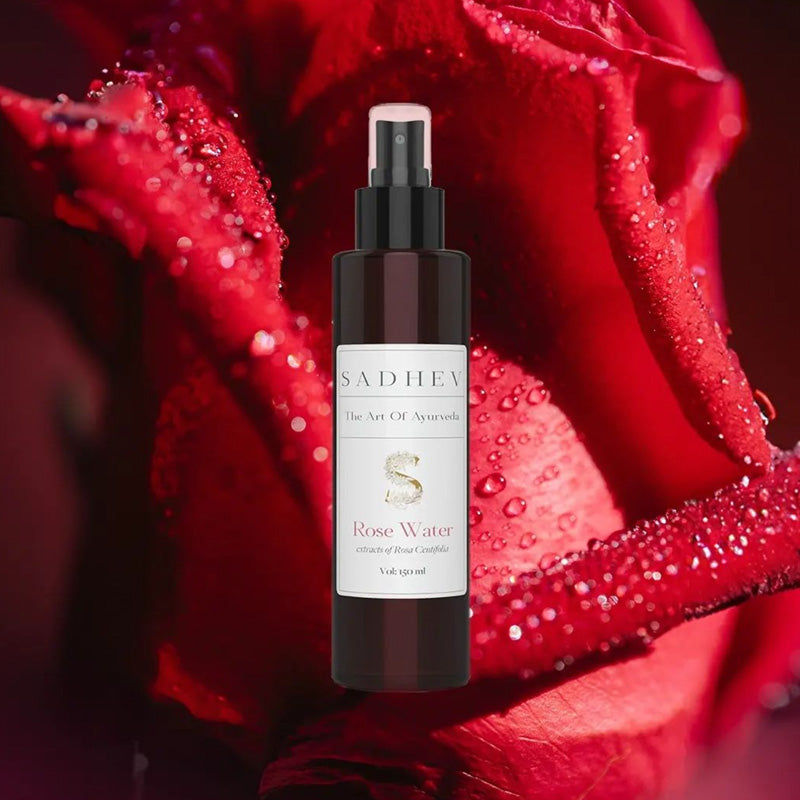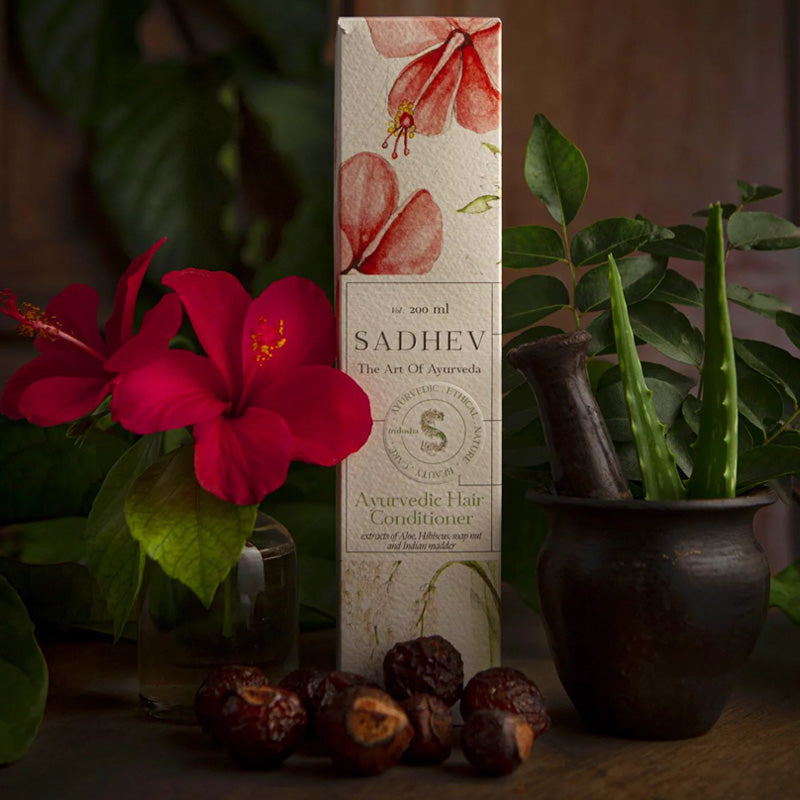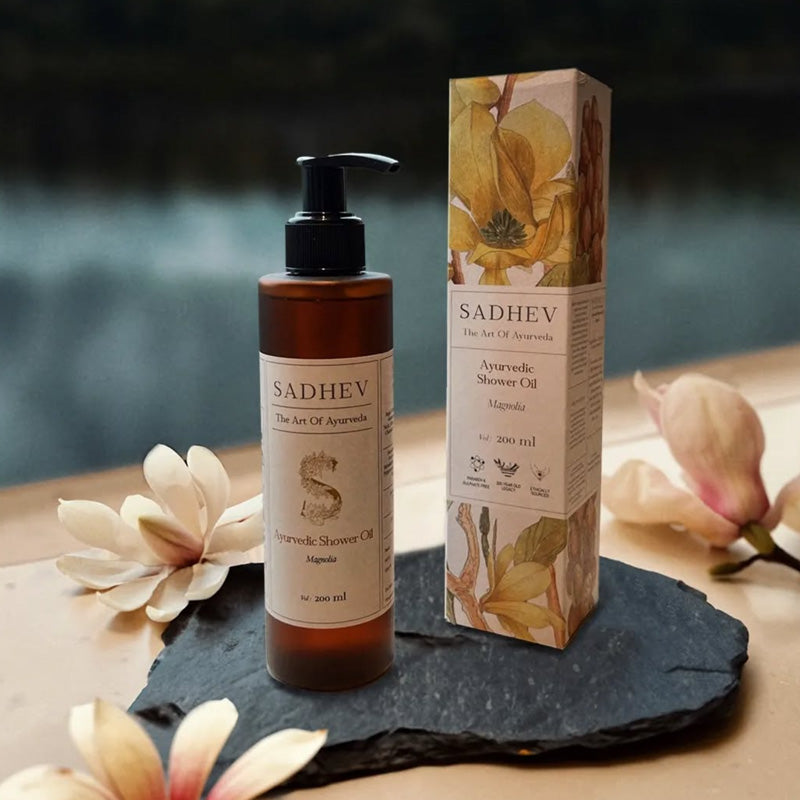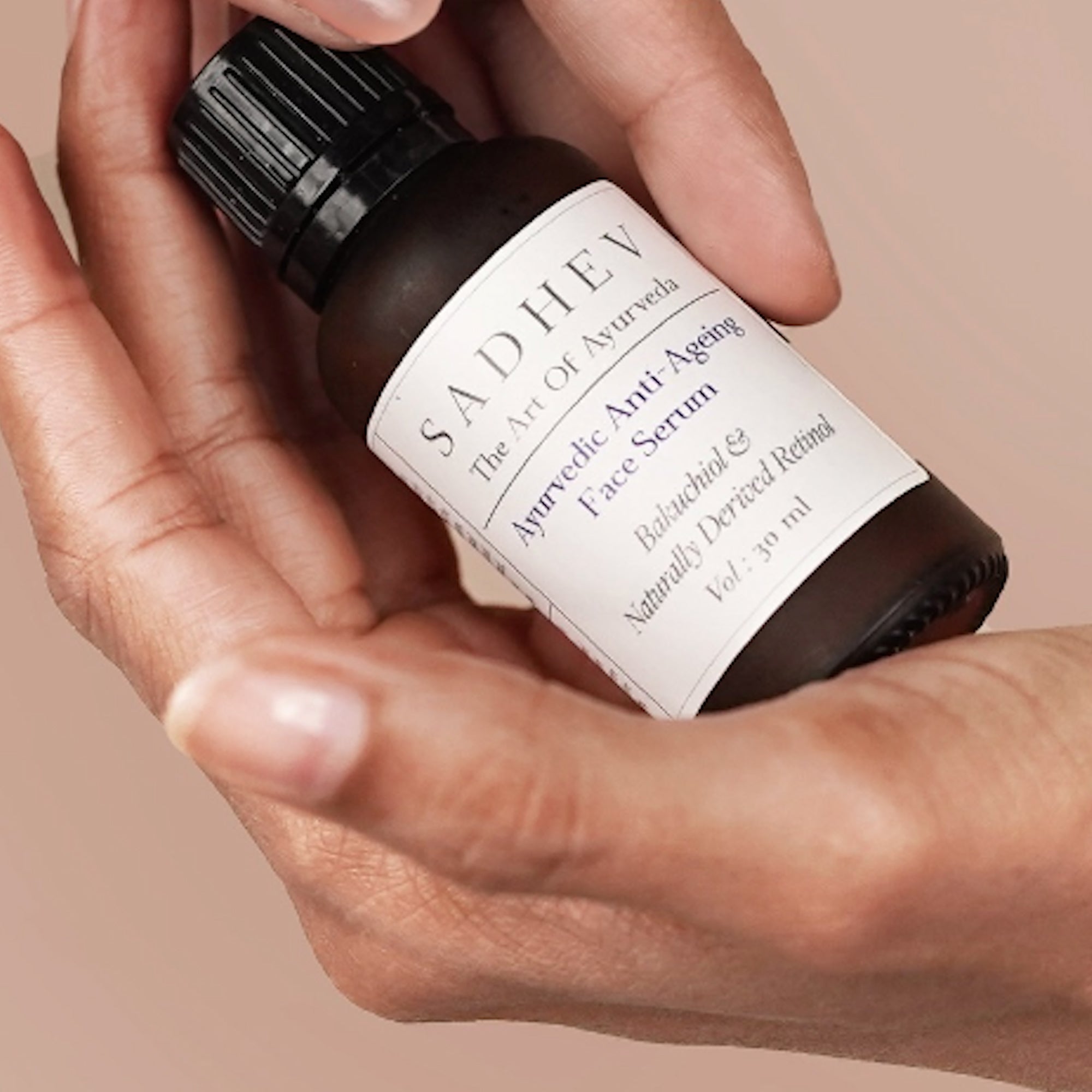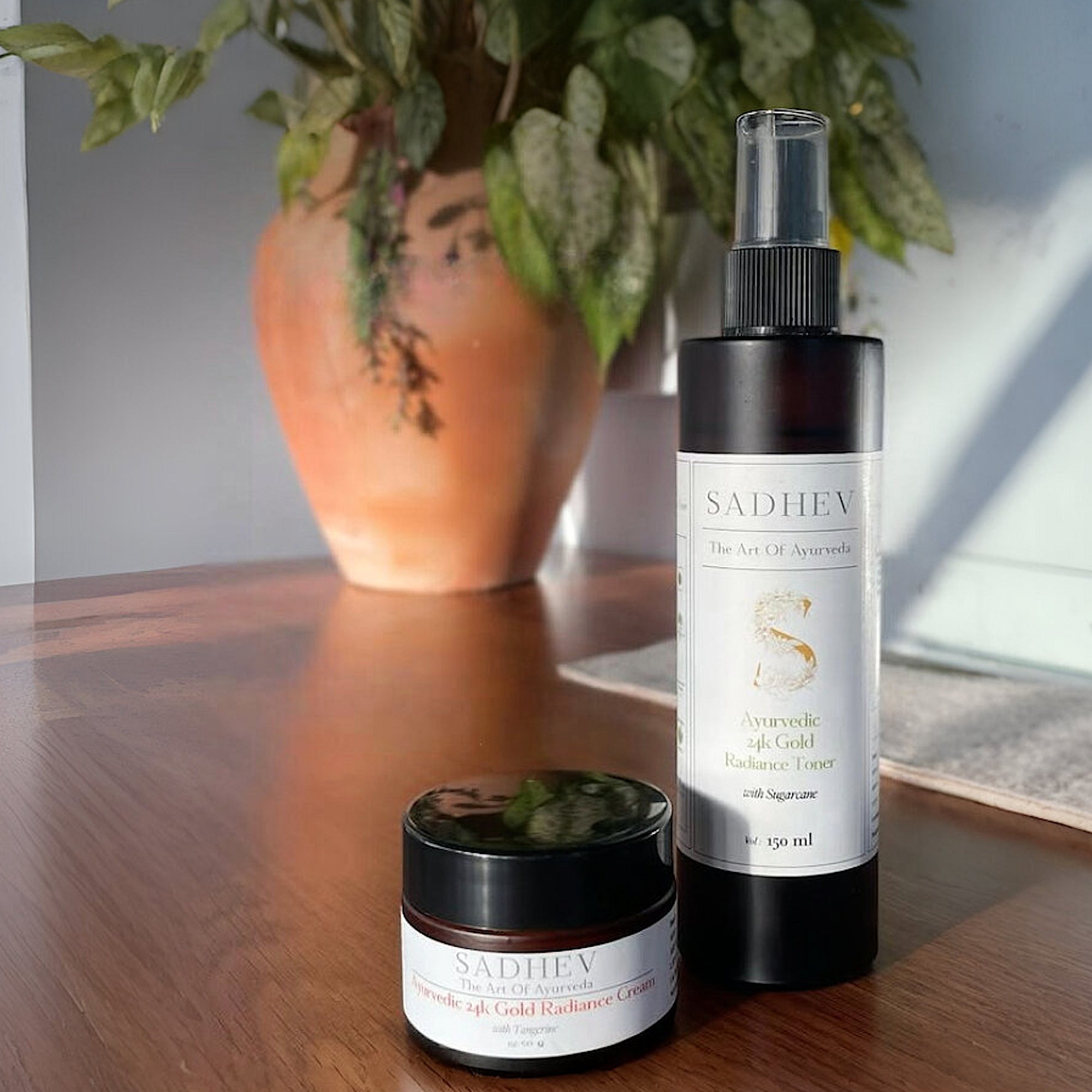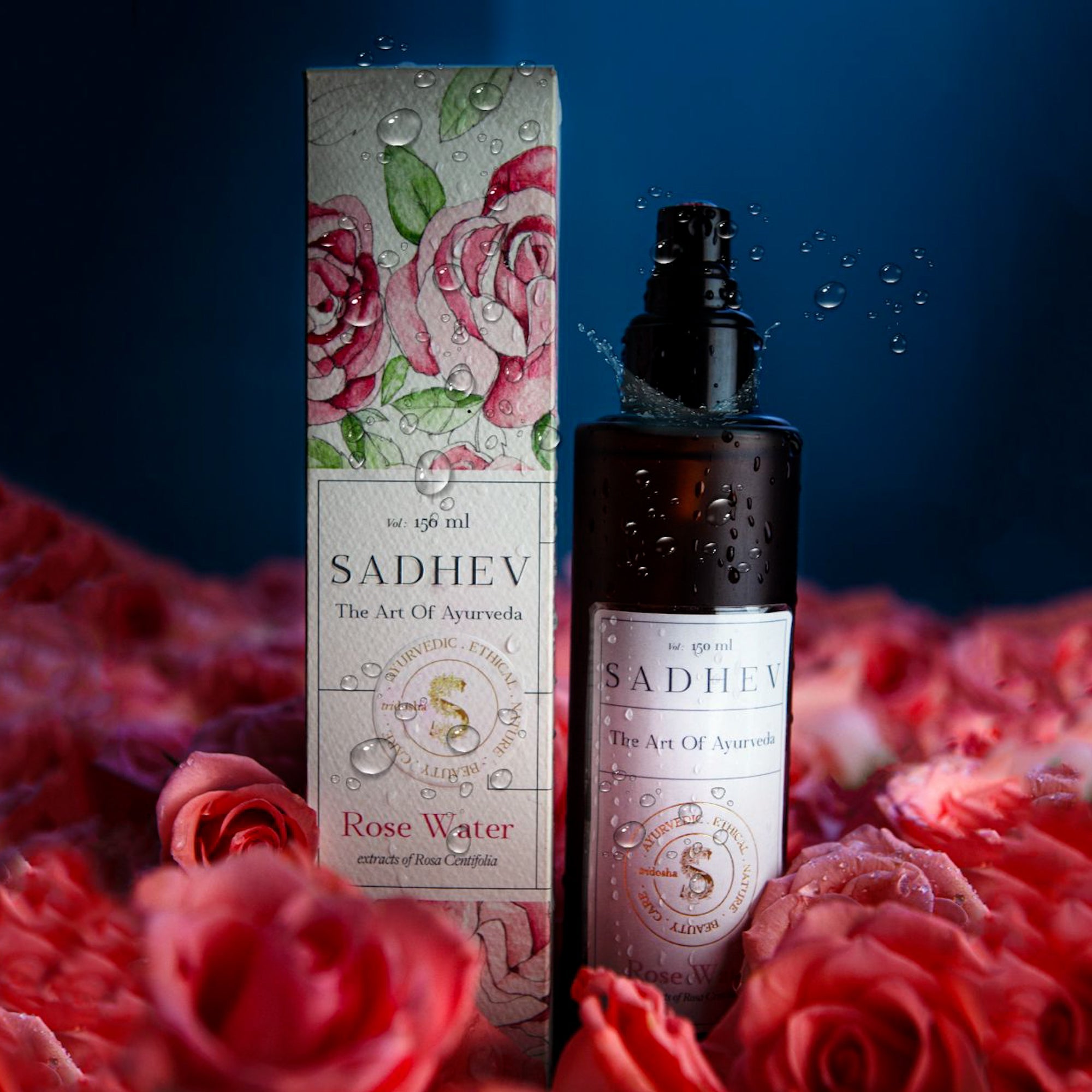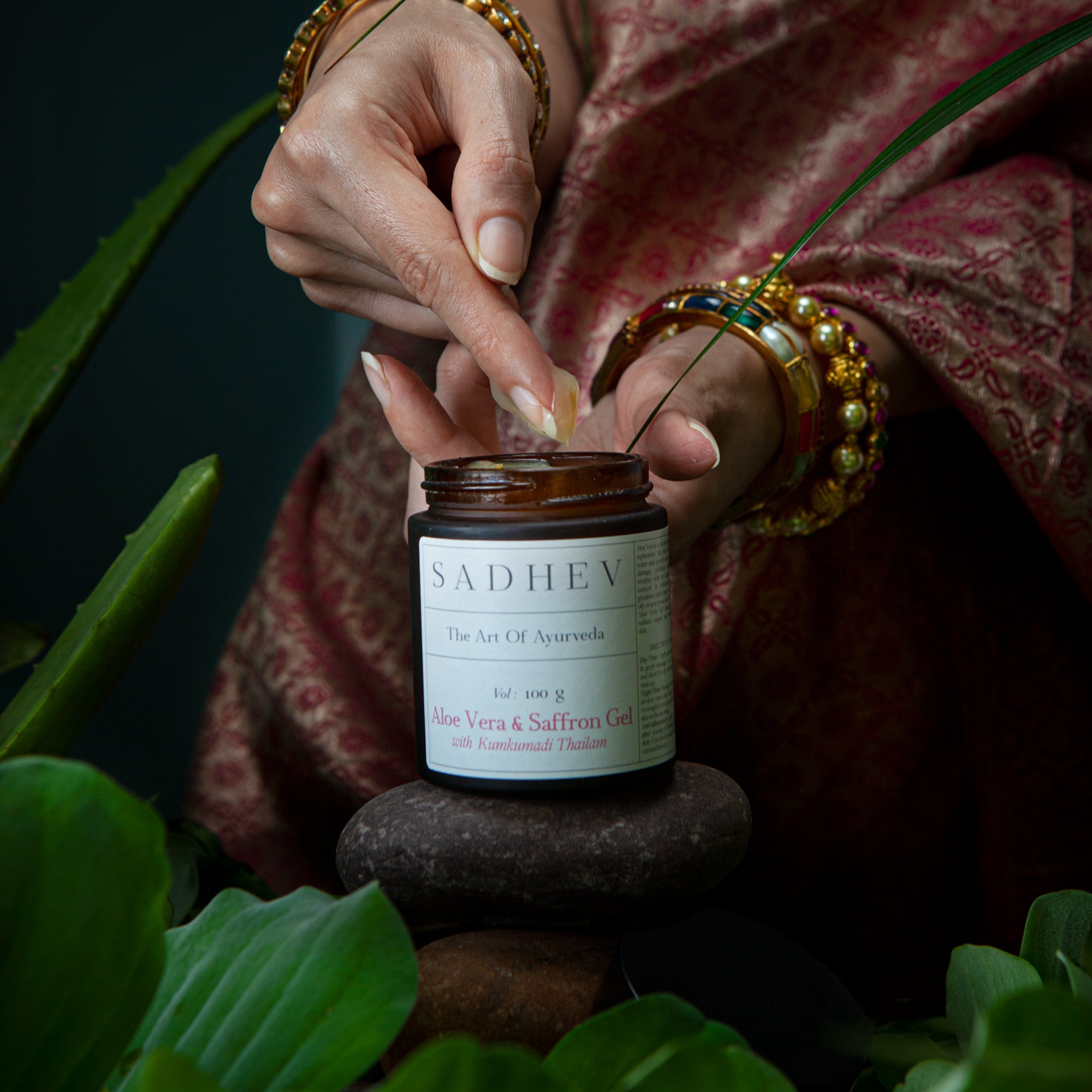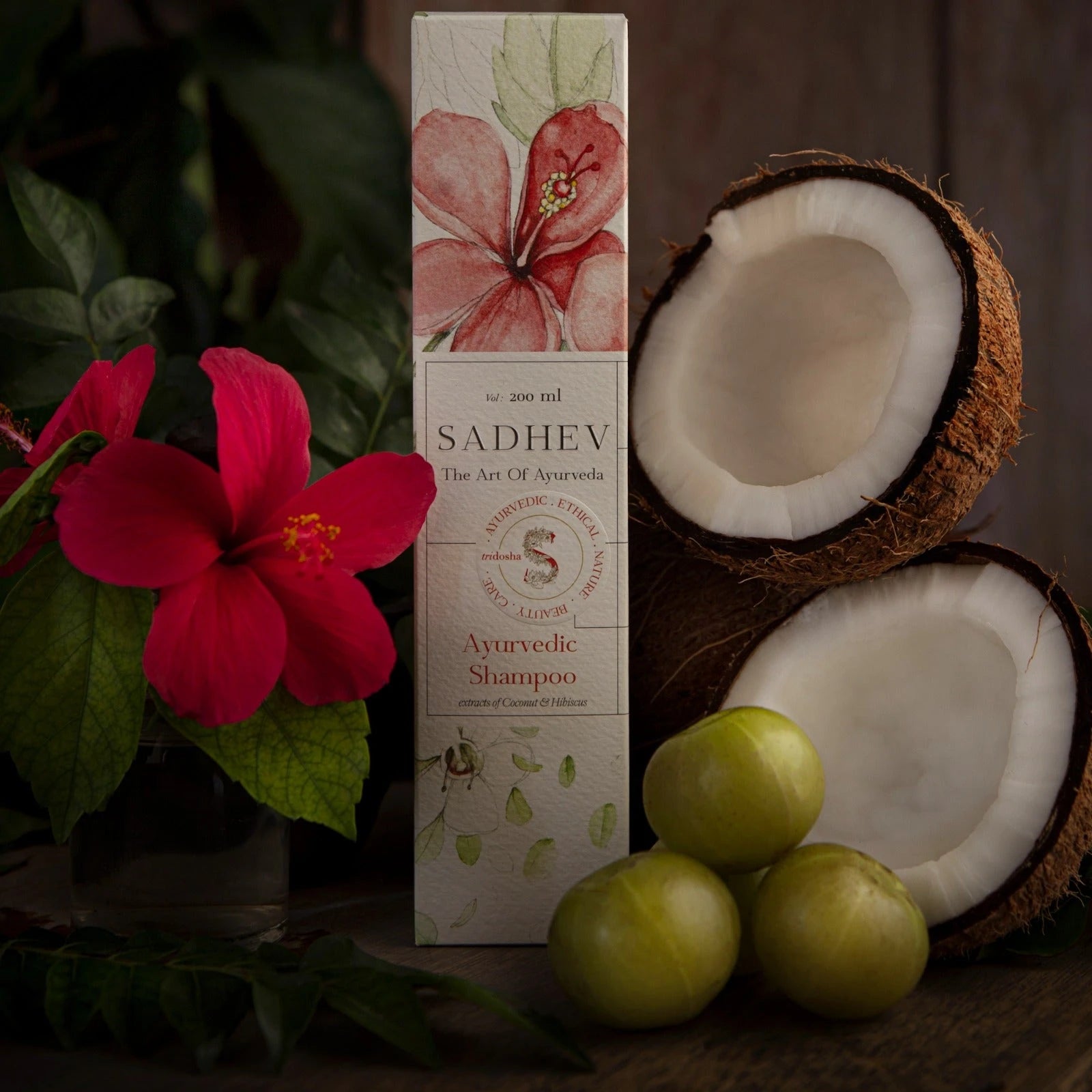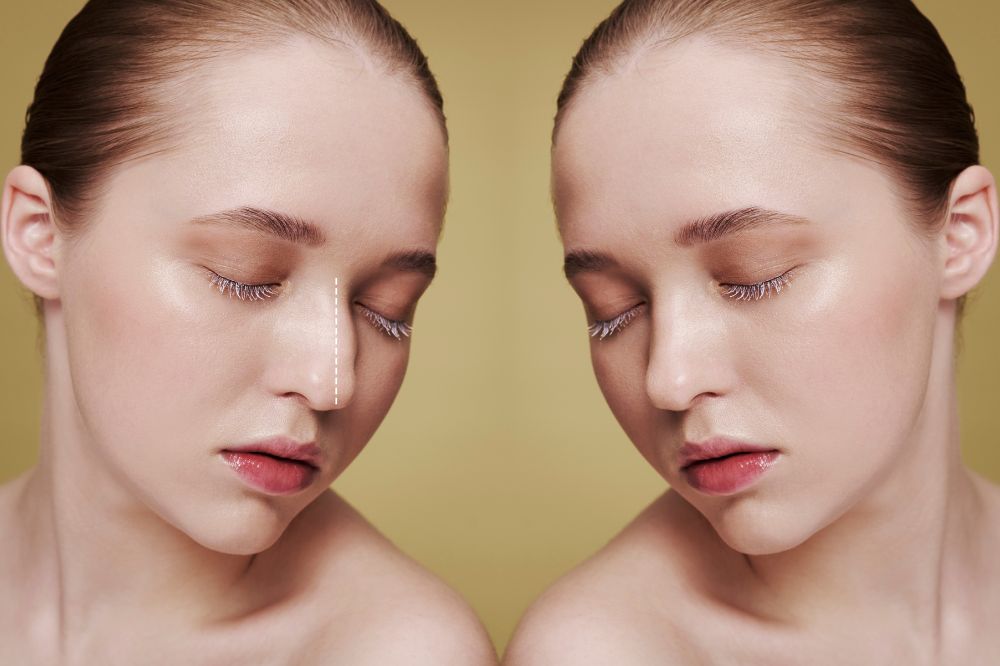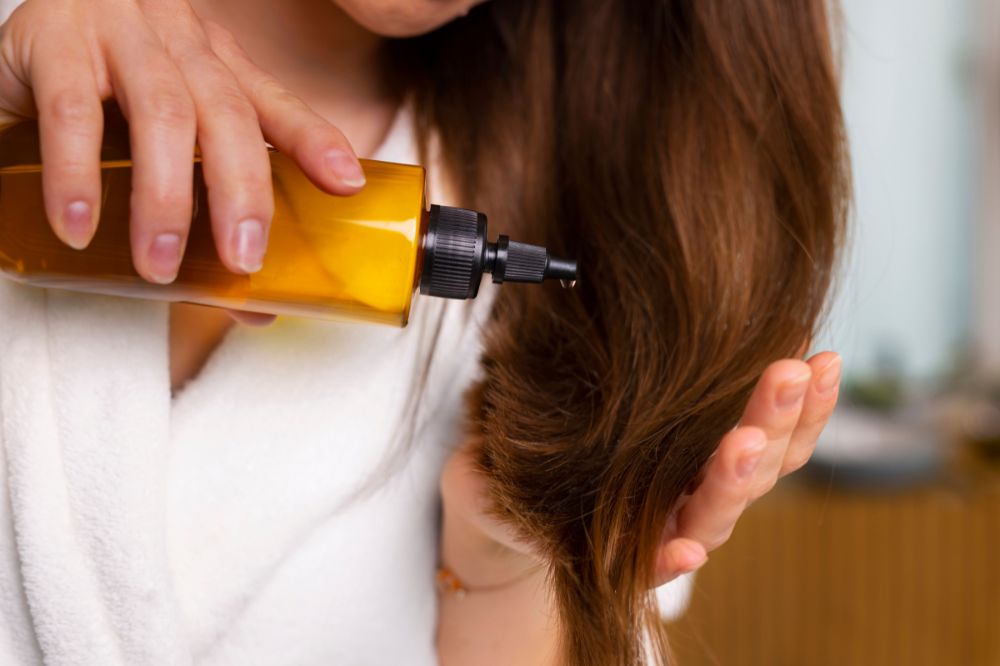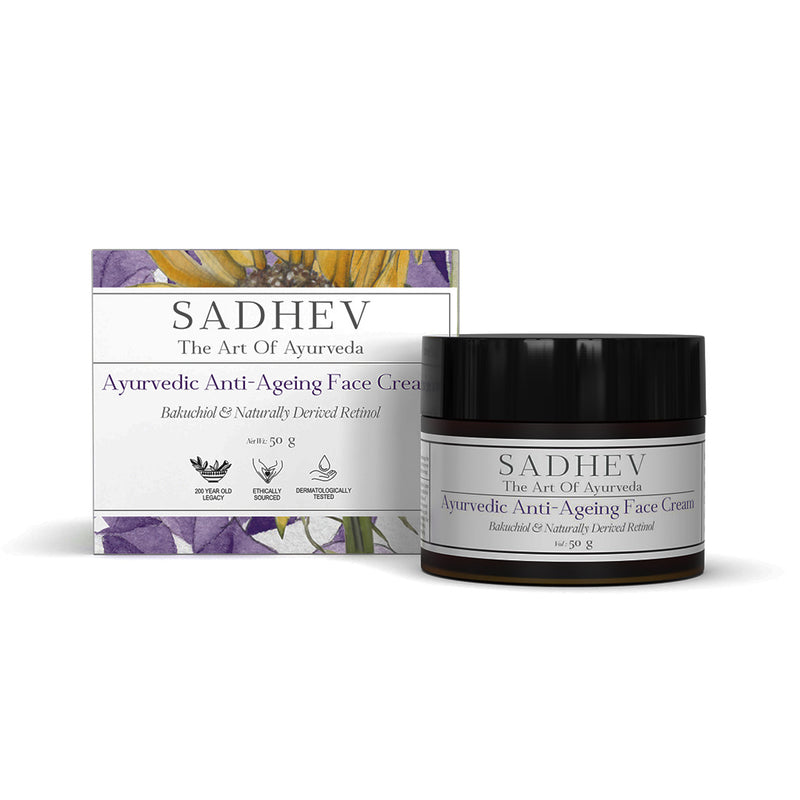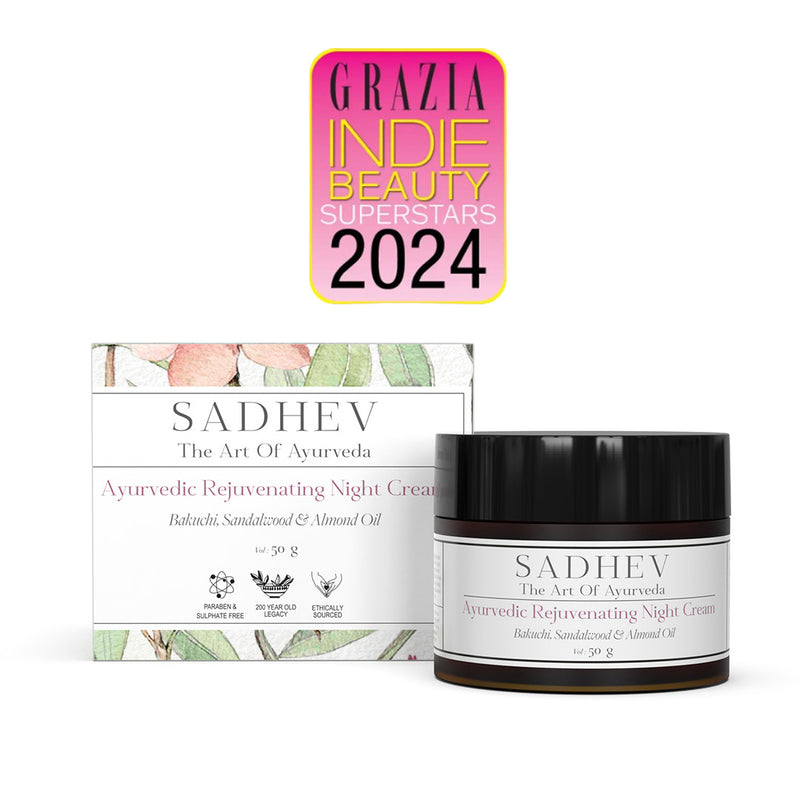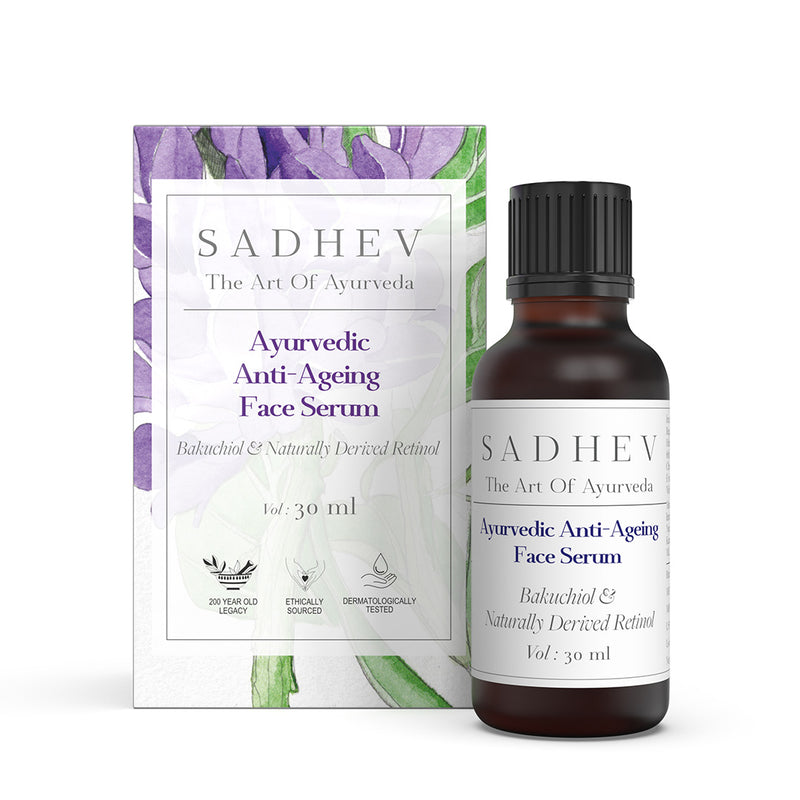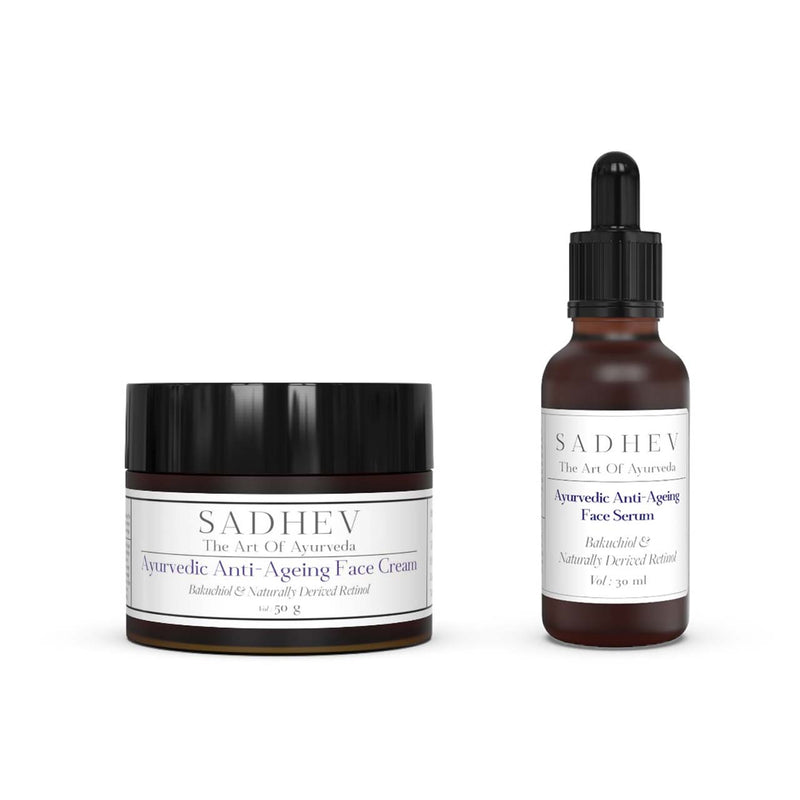Retinol has been a hype in the skincare industry, and you must have come across this ingredient. From beauty enthusiasts to skincare experts, everyone swears by the effectiveness of retinoids. But wait, is retinoid the same as retinol?
If you too, don’t know the difference between retinol and retinoid, you are in the right place. In this blog, we will cover everything you need to know about the types of retinoids, the difference between retinol and tretinoin, and everything in between.
Difference Between Retinal vs. Retinol vs. Retinoid
Retinal, retinol, and retinoid are all forms of vitamin A that are commonly used in skincare. They are known for their anti-ageing effects and benefits.
While they may sound similar, they have different strengths and work at different speeds to improve the skin. Understanding the difference between retinol and retinoid can help you choose the right one for your specific needs.
What is Retinol? (The Mildest Option)

Retinol is the most common form of vitamin A, that you easily find in over-the-counter skincare products and cosmetic items. It is a derivative of retinoids. When applied to the skin, retinol slowly converts into retinal and then into retinoic acid, which is the active form that provides skin benefits.
Features of Retinol:
-
It is gentle and ideal for beginners.
-
It works gradually and is less likely to cause irritation in normal skin.
-
It helps improve skin texture, reduce fine lines, and boost collagen production.
-
Chemical retinol can cause dryness, peeling, and sun sensitivity in your skin.
What is Retinal? (Stronger Than Retinol)

Retinal, also known as retinaldehyde, is one step closer to retinoic acid than retinol. This means it works faster and is more potent than retinol. Since it doesn’t need as many conversion steps to become active in the skin, it delivers results more quickly.
Features of Retinal:
-
Retinal is great for reducing fine lines, wrinkles, and acne.
-
It is less irritating than prescription retinoids.
-
It’s a good option for those who have already used retinol and want to try something stronger.
-
It can give you quicker results but also has stronger side effects, so if you are a beginner, start from retinol, not retinal.
What are Retinoids? (The Strongest Category)

Retinoids are the strongest vitamin A derivatives, that can be found in prescription skincare items. Only dermatologists are allowed to prescribe retinoids based on your skin conditions.
Prescription retinoids, such as tretinoin and adapalene, work the fastest because they don’t need to be converted into retinoic acid as they are already in their active form. This makes them very effective for treating acne, reducing wrinkles, and improving skin texture.
However, because they are so strong, they can cause irritation, dryness, and peeling, especially when first used. Dermatologists often recommend them for people with severe acne or advanced signs of ageing.
Features of Retinoids:
-
Very strong effects but equally strong side effects.
-
Not to be used without a prescription from a dermatologist.
How To Choose the Right Retinal?

Now that you know the difference between retinol and tretinoin, how do you choose which form of retinoic acid best suits your skin? Here are some tips to help you understand which types of retinoids you should choose:
-
Retinol: If you are new to vitamin A products or have sensitive skin, start with retinol to allow your skin to adjust gradually.
-
Retinal: If you want faster results but still want an over-the-counter option with minimal irritation, retinal is an excellent choice.
-
Retinoids: If you have stubborn acne and deep wrinkles or need the most powerful option, prescription retinoids may be the best, but they should be only used under the guidance of a dermatologist.
Which Type of Retinol is Best- Chemical Based or Plant Based?
Plant-based retinol is always a better choice than chemical-based retinol. Here’s why:
1. Plant-based retinol is gentle
Plant-based retinol is gentler on the skin. Unlike synthetic retinol, plant-based alternatives, like bakuchiol and mastic resin, work without causing redness, dryness, or irritation.
2. It does not have any side effects
Traditional chemical-based retinol can lead to peeling or irritation, but plant-derived versions are much kinder to the skin, so you get the benefits without the discomfort.
3. Naturally derived retinol is hydrating
Naturally derived retinol alternatives are hydrating and help retain moisture, unlike regular retinol, which can dry out the skin. This makes them great for maintaining a healthy glow.
4. It is Plant-Based
Since it’s plant-derived retinol is completely natural and not tested on animals, making it an ethical choice for skincare lovers.
5. It is suitable for all skin types
Whether you have oily, dry, or combination, plant-based retinol will be a good choice for your skin. Even if you have sensitive skin, naturally-derived retinol will not cause any irritation or breakouts.
Conclusion
Now that you know the difference between retinol and retinoid and which is better for your skin, make an informed decision as per your skin issues and skin type.
You should choose plant-based retinol if you are a beginner at using retinol, as it is mild, gentle, and effective. You can check out Sadhev’s Ayurvedic anti-ageing cream or Ayurvedic anti-ageing serum, which are made using naturally derived retinol and bakuchiol.
Sadhev offers Ayurvedic and potent skincare and haircare products that are 100% vegan, cruelty-free, ethically sourced, and chemical-free. From sulphate-free ayurvedic shampoos to natural hair colour and ayurvedic sunscreen, you can find everything you need on Sadhev.
Faqs
1. Is retinal the same as retinoid?
No, retinal is a milder version of retinoids. It is the short form of Retinaldehydes.
2. Retinal vs retinol- which is better?
If you are a beginner, retinol is better for your skin. If you have been using naturally derived retinol already and want faster results, you should go for retinal.
3. Retinoid vs retinol- which is better?
Retinol is better than retinoids as it has fewer side effects as compared to retinoids. Naturally derived retinol is the best.
4. What is stronger, 1% retinol or 0.1% retinal?
0.1% retinal is stronger than 1% retinol. Studies suggest that 0.1% retinal is around 10 times stronger than 1% retinol because it is one stage closer to the active form of retinoic acid.
5. Can you combine retinol and retinal?
No, you should not combine retinol and retinal as they are two different compounds.
6. Which form of retinol is best?
Natural retinol, which is plant-based, is best. You can get naturally derived retinol from bakuchiol, mastic resin, carrot seed oil, or rosehip oil.
7. Is there any plant based retinal available in the market?
There are no plant-based retinal, but you can find plant-based retinol in the market. Sadhev has the best Ayurvedic plant-based retinol serum.
8. Is tretinoin a retinol?
Tretinoin is actually a form of retinoid, which is an advanced form of retinol. It is a prescription retinoid.

































